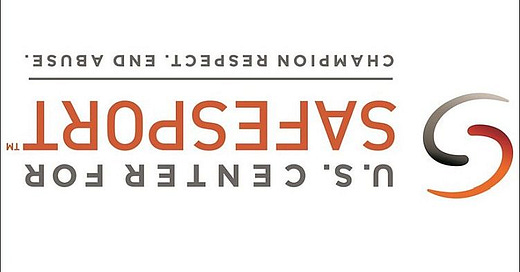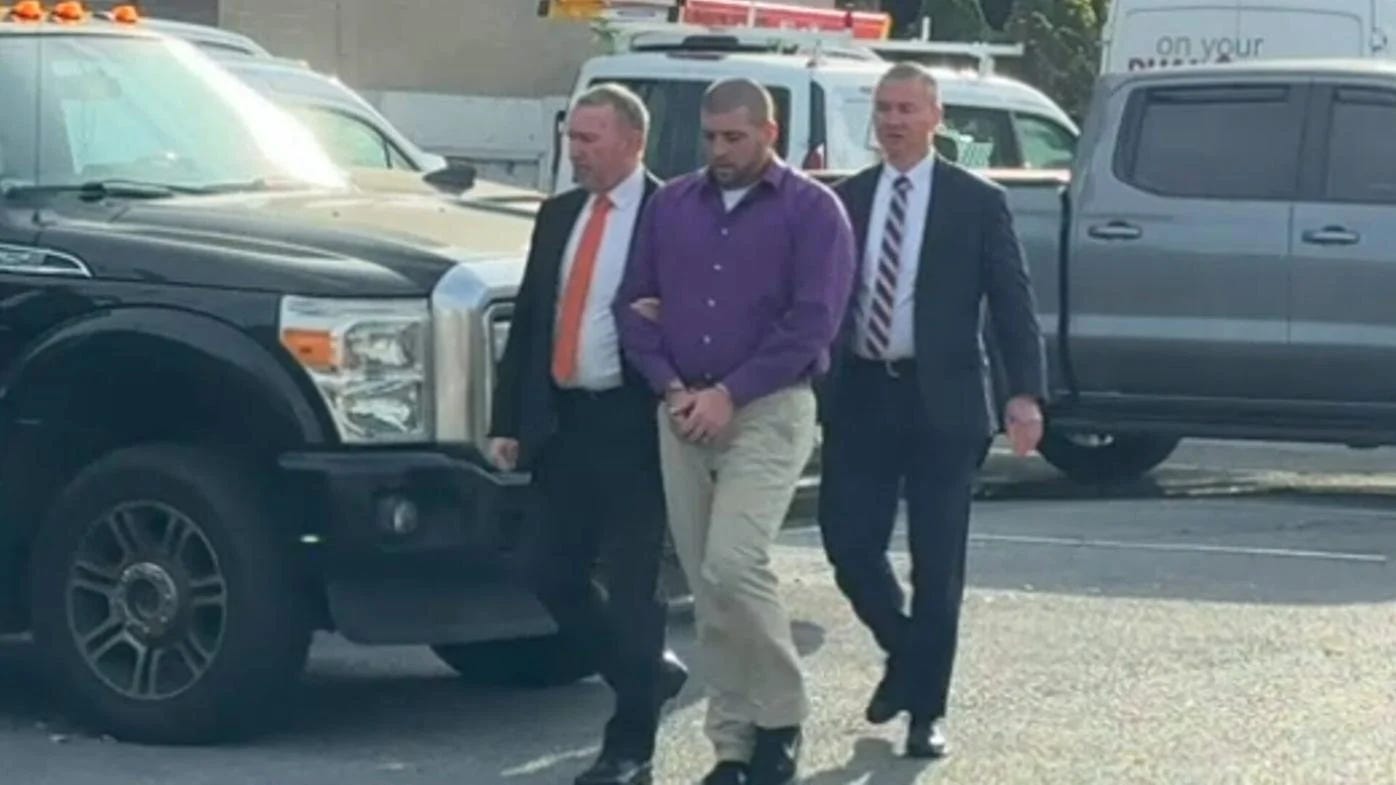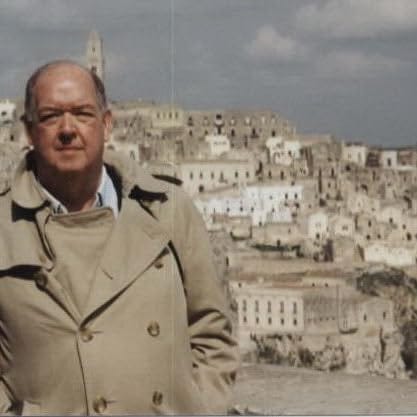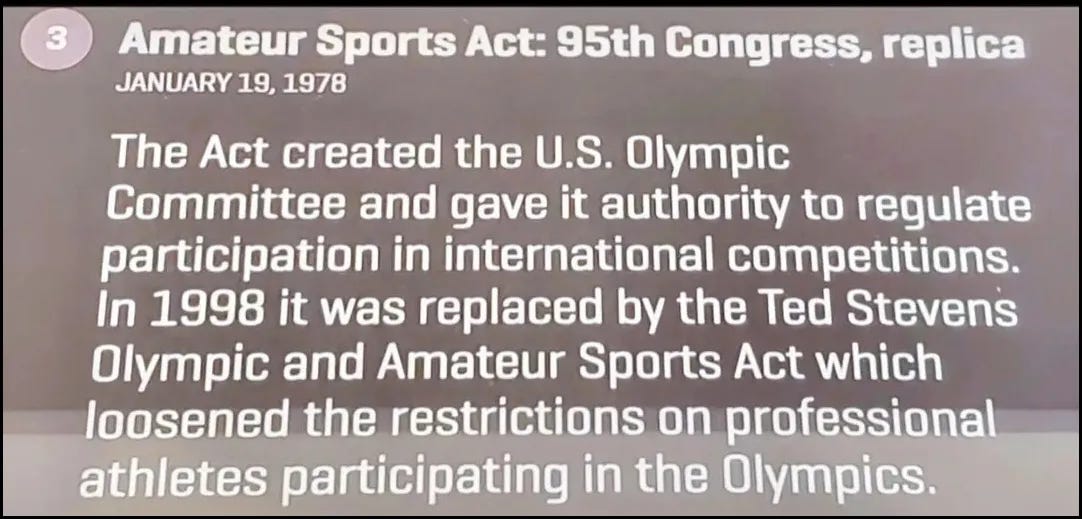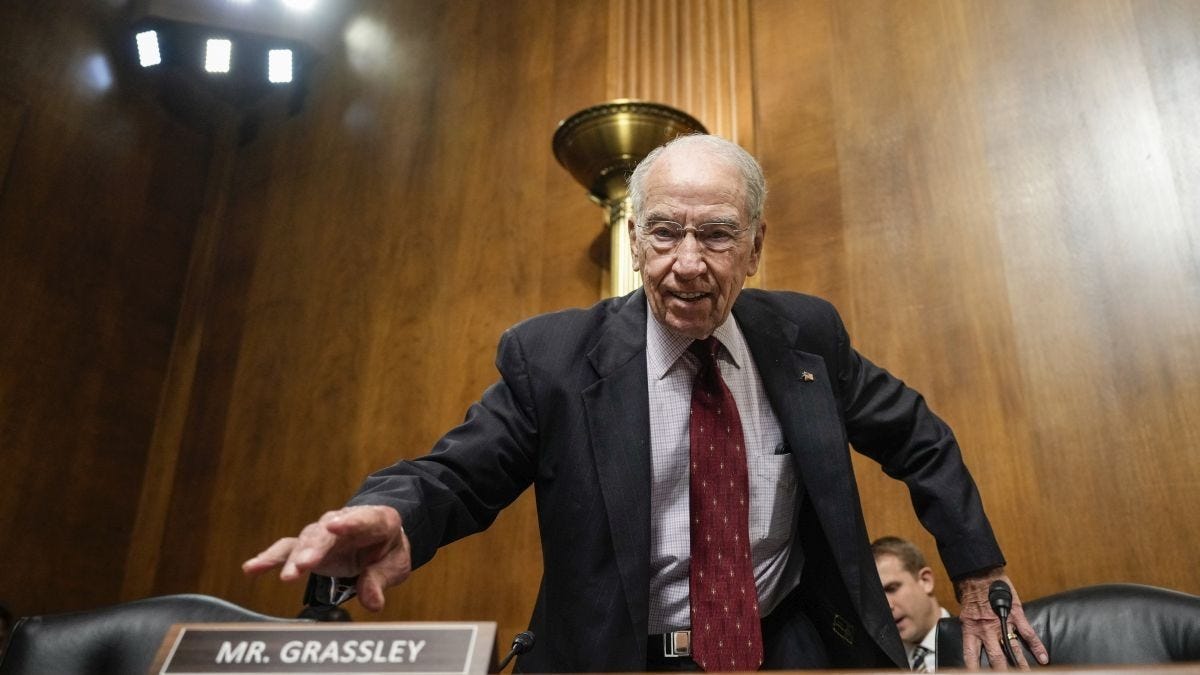NOTICE
Two days ago, the US Center for SafeSport abruptly fired CEO Ju’Riese Colón. Consequently, I canceled my submission of the third revision of the Amateur Sports Act (see the draft below) to The Fulcrum.
This doesn't bother me; the content below can still be shared within the Google network for public access. I've included more pictures for your enjoyment while reading.
I might rewrite a new draft after Senator Chuck Grassley’s decision on May 1. The latest revision could help you better understand this law.
Associated Press: US Center for SafeSport fires CEO Ju’Riese Colón, the latest sign of crisis for the Olympic watchdog
New York Times (subscribed): Sexual abuse watchdog SafeSport fires CEO amid ongoing congressional probe
The Sports Examiner: U.S. CENTER FOR SAFESPORT: Colon out as chief executive, as head of investigations, and a board member also leave
~~~~~~~~~~~~~~~~~~~~~~~~~~~~~~~~~~~~~~~~~~~~~~~~~~~~~~~~
~~~~~~~~~~~~~~~~~~~~~~~~~~~~~~~~~~~~~~~~~~~~~~~~~~~~~~~~
Title Name: (It's funny that I had not announced a name for this title for The Fulcrum by the time of this firing.)
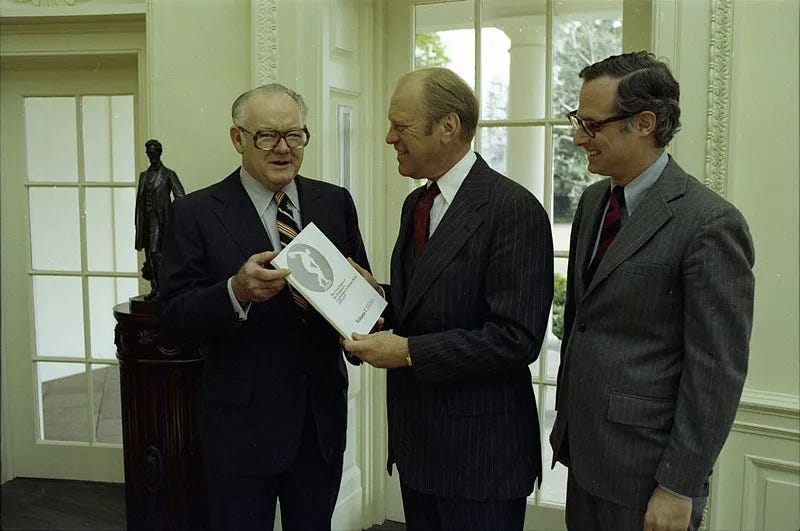
BIO: Deaflympian Howard Lee Gorrell provided his expertise on the needs of disabled athletes to the President's Commission on Olympic Sports and contributed to the legislative process of the Amateur Sports Act alongside U.S. Senator Ted Stevens of Alaska.
+++++++++++++++++++++++++++++++++++++++++++++++++++++++++++++
As a two-time Deaflympian, I offer a unique perspective on the issues surrounding the SafeSport Act of 2017. After scrolling through the latest posts on the private “SafeSport Support” Facebook group page, I paused at a post where a group member received a letter from the Office of Sen. Maria Cantwell. It reads:
Dear Mrs. xxx,
Thank you for your recent letter regarding your issue with SafeSport. I appreciate you taking the time to share your concerns.
As a United States Senator, this matter is out of my jurisdiction because it does not fall under the authority of the federal government.
I sincerely regret that my office is unable to assist you with this situation. I appreciate you bringing this matter to my attention, and hope you will not hesitate to contact me in the future if I can be of assistance with a matter involving the federal government.
Sincerely,
Maria Cantwell, United States Senator
Glancing at the calendar, which displayed April 12, 2025, I couldn't help but agree with Mike Harrigan and Rene Henry. Congress needs better education about the federal laws governing Olympic sports.
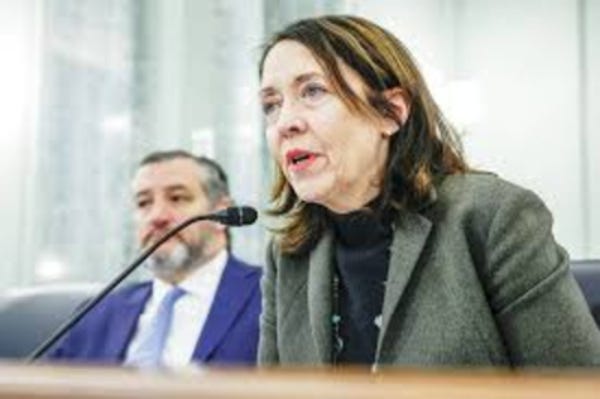
In reality, as Chair of the Senate Commerce, Science, and Transportation Committee from 2021 to 2024, Sen. Maria Cantwell had a significant role in overseeing the United States Olympic & Paralympic Committee (USOPC) and the U.S. Center for SafeSport. She supported and assisted Sen. Dianne Feinstein’s bill proposal to become law, “Protecting Young Victims from Sexual Abuse and Safe Sport Authorization Act of 2017,” which established SafeSport to protect athletes from abuse.
Is the Senator's Office aware of the urgent issues the SafeSport Center has faced in the past two months? These issues highlight the pressing need for transparency and accountability in the governance of our sport.
The SafeSport Center hired an investigator with a history of sex crimes, Jason Krasley, without conducting proper vetting. This incident prompted Sen. Chuck Grassley to raise serious concerns on February 10 about SafeSport's vetting and hiring procedures, particularly after the case of Jason Krasley, who was found to have a history of sexual misconduct before working as a SafeSport investigator.
On February 26, Judge John Woodard of Florida’s Seminole County Court ruled significantly. He declared that the U.S. Center for SafeSport had engaged in “fraud, collusion, pretense, and similar wrongdoing” regarding a 2022 case concerning the mishandling of a sexual abuse investigation.
In his 2017 article, "Ever Wonder What Congress Is Doing?", Rene Henry expressed deep frustration about contacting Sen. Diane Feinstein's office in Washington, D.C.
Henry discovered that neither Feinstein nor anyone on her staff had spoken to Mr. Michael “Mike” Harrigan, who directed the President’s Commission on Olympic Sports from 1975 to 1977. This Commission provided the foundation for the Amateur Sports Act of 1978. Harrigan explained, "Under the 1978 Act, the National Governing Bodies of the sports involved and the USOC already have the authority and responsibility to report any alleged sexual abuse complaint to the police.”
Henry tried to explain to the Senator that her proposal would not cover the millions of young children competing in sports not regulated by the USOC, even though the 1978 Sports Act already protects young boys and girls who compete in Olympic and Pan Am Games sports controlled by the USOC.
Fast forward to September 6, 2023, when Ed Williams, a former Chair of the USOC Athletes’ Advisory Council (1977-1981), testified before the Commission on the State of U.S. Olympics and Paralympics (CSUSOP) during a public hearing in Washington, D.C. He raised concerns about the time it takes for the SafeSport Center to process complaints, stating that it could constitute a denial of due process. Williams said, “The USOPC leadership, both staff and the board, must engage in a program of self-education. Just ask Mike Harrigan about that. Many good things and lessons learned in the past have been lost and forgotten on account of the lack of any institutional memory within the USOPC.”
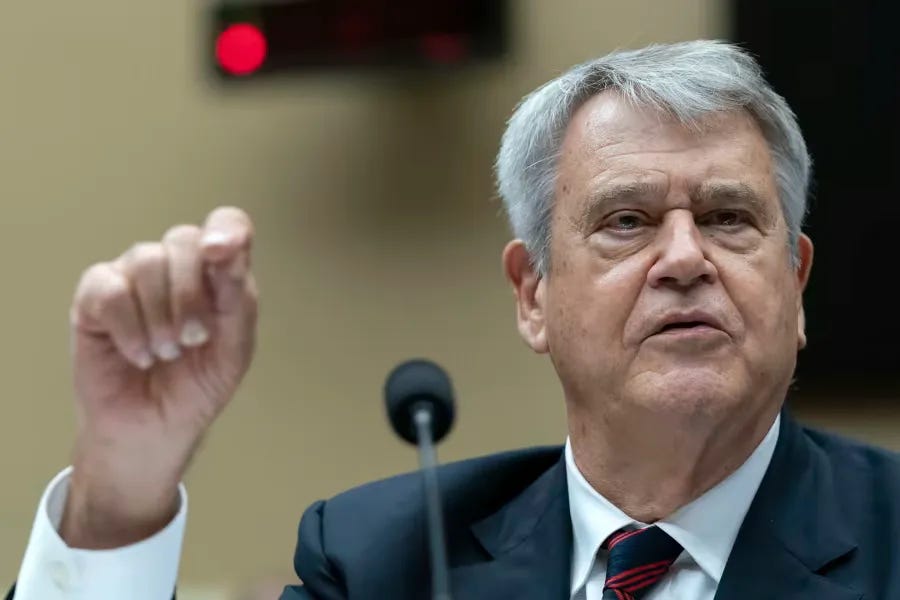
His reference to “Mike Harrigan” was not included in his pre-testimony, and he did not inform the Commission and C-SPAN about Harrigan's identity.
Michael “Mike” Harrigan went with me to this hearing, but the CSUSOP did not call him to testify.
In his 2018 opinion piece for the Sports Business Journal, “No Need to Amend the Amateur Sports Act,” Harrigan argued that the USOC's failures related to sexual abuse in Olympic sports stemmed from a lack of proper education on the provisions of the Amateur Sports Act. He noted that Williams and Henry had also stressed the importance of understanding the underlying causes of the issues.
The USOC failed to properly oversee national governing bodies (NGBs) as required by the Amateur Sports Act.
The USOC failed to understand certain portions of the ASA.
The USOC failed to educate its members and Congress on its contents.
The USOC's "culture" had ignored everything in its legislative mandate except the goal of winning Olympic medals.
Harrigan pointed out that during the sex abuse crisis, the right of the USOC to "decertify” an NGB was raised. Under the 1978 Act, the USOC had this right, but any NGB could appeal the decision for final and binding arbitration. Astonishingly, the USOC had denied for several years that an NGB possessed this right of appeal.
One more misunderstanding.
After visiting the $92 million U.S. Olympic and Paralympic Museum (USOPM) in Colorado Springs for the first time in 2021, I sent Harrigan a picture of a two-sentence artifact display featuring the Amateur Sports Act of 1978 that I had taken.
Suddenly, he caught a glimpse of the first sentence reading, "The Act established the U.S. Olympic Committee [on January 19, 1978]." In reality, the USOC was established in 1894 under the authority of the International Olympic Committee. In 1950, Congress granted a federal charter to the United States Olympic Association, which was renamed the United States Olympic Committee in 1961.
This visual prompted the Colorado Springs Gazette to publish a detailed front-page article about the display's errors on January 30, 2022.
Before the USOPM opened in 2020, USOPM officials did not seek Harrigan’s consultation. However, he is now being consulted due to the embarrassing mistake that was exposed. As a result, future museum visitors will finally understand the true meaning of the Amateur Sports Act of 1978.
Rene Henry, Ed William, and I have wondered whether Sen. Chuck Grassley would need Mike Harrigan's consultation after receiving SafeSport’s answers to his eight additional questions by May 1.
~~~~~~~~~~~~~~~~~~~~~~~~~~~~~~~~~~~~~~~~~~~~~~

